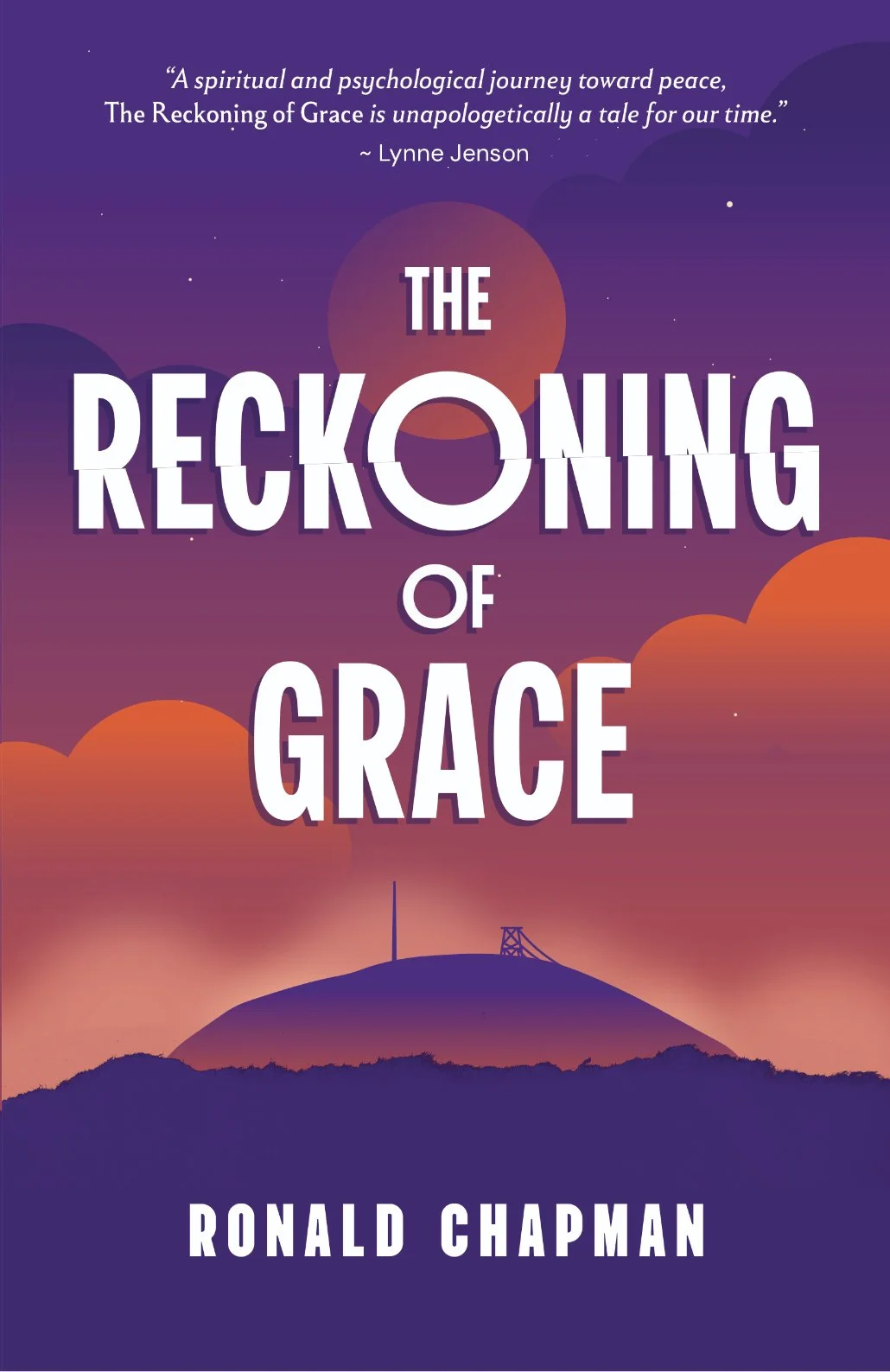Anonymity
/The Problem of Getting Over One’s Self
Some years ago, a short while after I entered the rooms of recovery, my spiritual mentor began to speak to me about anonymity. It proved to be a very long conversation, one that has continued to this day and has included multiple teachers and courses of study. It turns out that anonymity is not at all what I thought.
At first, I learned the basics as they relate to recovery. That everyone deserves to feel safe when they arrive in the rooms of recovery. In order to ensure that, we don’t share last names and we protect the things we hear with confidentiality. To quote what is announced at every meeting, “Who you see here, what you hear here, let it stay here.”
To be clear, it is a remarkable practice. It is not uncommon to know someone’s entire sordid history, and know little if anything of their daily lives. These practices allow someone in recovery to clean up their affairs and find their way into enduring sobriety. While this is merely a beginning to a spiritual awakening, it is an extraordinary piece of the puzzle. The intimacy and honesty it supports is profound.
That said, a new level of understanding emerged when one spiritual mentor told me that a greater goal would be realized when the messages I carried would become more important than me. Anonymity is realized when the message transcends the messenger, and better still, when the messenger becomes irrelevant.
The problem is that getting over one’s self is a most challenging proposition. Imagine letting go of everything that you’ve spent a lifetime establishing: education, knowledge, achievements, credentials…everything…including relationships that might stand in the way. Then as if that weren’t enough, imagine releasing your attachment to your identity and who you think you are.
How can the message transcend you as long as you remain committed to the importance of your self?
When Jesus told us we must come to love our neighbor as our self, he knew the only means for doing so would be through getting over our selves. It was only then that such love as this could pour through us. The kind of love that would allow us to forgive anything and anyone.
Why in the world would anyone go to such lengths as this? After all, isn’t the point of our lives to live to the greatest good, the greatest self-realization?
That introduces the most humbling proposition of all. The only way our fullest potential can be realized is in finally understanding that all we seek is beyond the self to realize. When the self, that which we believe ourselves to be, finally is released, then the real spiritual magic emerges.
Seeing True™
The best description I’ve found for this path comes from Joel Goldsmith, who has been called America’s greatest mystic, and his extraordinary book, Living by Grace.
“The goal of the mystical life is for us to become beholders of God in action, where we ascribe nothing to ourselves—not even good motives. We no longer have desires. We no longer have needs because every need seems to be met before we are even aware of a need. This is called, “living by Grace,” but you can live fully by Grace only as that selfhood that has a desire, a hope, an ambition disappears. Then life is lived entirely by Grace, because It functions to its end, not yours or mine … In that degree of desirelessness, selflessness, or unselfedness is the mystical life lived.”
Seeing True™ in Action
One of the most beautiful understandings is realizing that wherever we find ourselves on our path, it is enough. Indeed, it could not be otherwise. I can only be as unselfed – committed to something much, much greater than me – to the degree that my attachment to myself will allow it. So where I am is necessarily good enough.
So dear friend, where do you find your self at this time, place and circumstance?
Updated July, 2022














